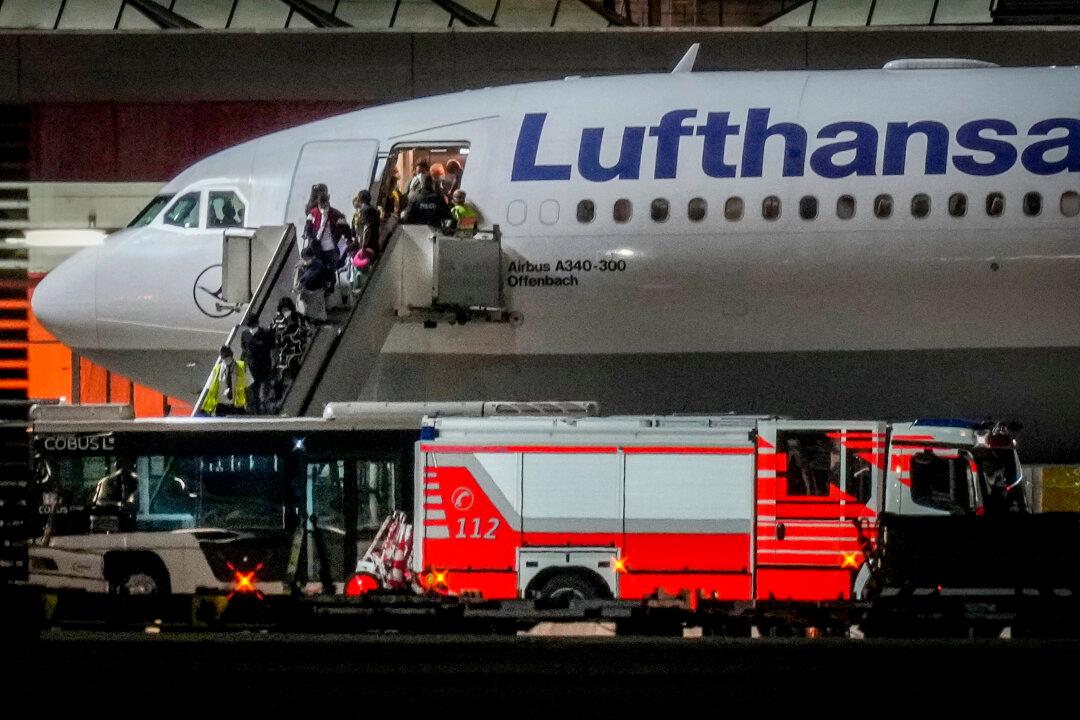EBERSWALDE, Germany—Germany has left at least 5,000 former staff and their families behind in Afghanistan, a support network founded by German troops said on Friday, vowing to keep pressing for them to leave the country after an Aug. 31 deadline runs out.
The German military ended its airlift from Kabul airport late on Thursday after evacuating 5,347 people, including more than 4,100 Afghans.





